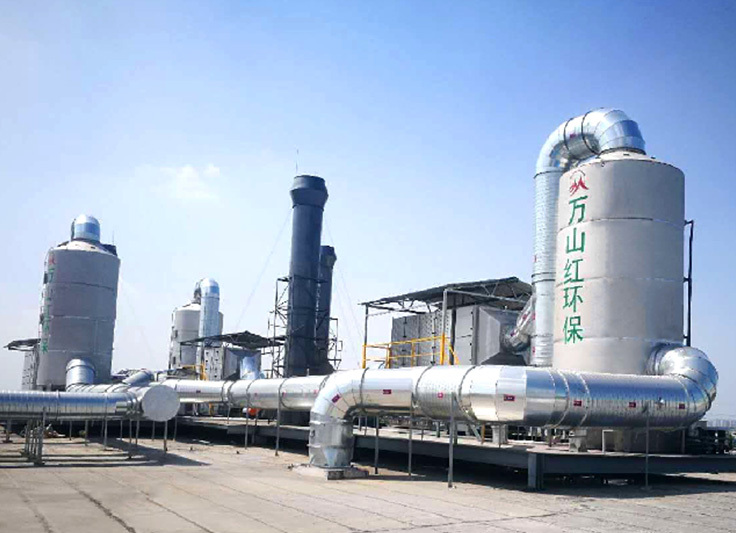Filtros químicos: equipos esenciales para optimizar los procesos de tratamiento de agua
Release time: 2025-04-17
Water treatment is a vital part of modern industry and urban life. Ensuring that water quality meets safety standards is not only related to health, but also directly affects production efficiency and the service life of equipment. As one of the core equipment in water treatment, chemical filters play an irreplaceable role. This article will introduce how chemical filters optimize water treatment processes and their importance in improving water quality, reducing costs and ensuring safety.
1. Working principle of chemical filters
Chemical filters mainly remove soluble harmful substances in water by adsorption, exchange and reaction. These filters usually use specific chemical materials such as activated carbon, resins, ion exchangers, etc. to adsorb or neutralize pollutants in water. They can effectively remove harmful substances such as organic matter, heavy metals, chlorides, etc. in water, thereby optimizing water quality.
2. Improve water treatment effect
Chemical filters can efficiently remove soluble substances in water, which are difficult to remove by traditional physical filtration methods. For example, activated carbon filters can adsorb organic matter and chlorides in water, and resins can exchange metal ions in water, thereby completely purifying water quality. In this way, chemical filters can provide more efficient and finer water purification effects.
3. Extend equipment life
Many industrial equipment, such as boilers, cooling systems and pipes, rely on pure water sources. If harmful substances in the water (such as metal ions and sediments) are not effectively filtered, they will be deposited inside the equipment, causing corrosion, scaling and even failure. Industrial chemical filters can effectively remove these harmful substances, protect equipment, extend its service life and reduce maintenance costs.
4. Improve water quality safety
Water quality safety is a top priority for every industry, especially for drinking water treatment, food processing and other industries. Chemical filters can effectively remove harmful substances in water and ensure that the effluent water quality meets safety standards. For example, removing chlorine, chloramine, volatile organic compounds (VOC) and other substances from water can ensure the safety of the final water source and avoid potential threats to human health.
5. Wide application areas
Chemical filters are widely used in many industries. For example, in drinking water treatment, it can remove residual chlorine and harmful chemicals in water; in industrial water treatment, it can remove metal ions and organic pollutants in water; in the food and beverage industry, filters help ensure the purity of product water sources and meet hygiene standards; in chemical plants, chemical filters can effectively purify water sources and provide high-quality water for production.
6. Environmental benefits
With the global attention to environmental issues, many companies and government departments are promoting more environmentally friendly water treatment solutions. The use of chemical filters can not only improve water quality, but also reduce the discharge of harmful wastes, which meets the requirements of green environmental protection. Through efficient filtering, they reduce the dependence on traditional chemicals and high-energy consumption equipment, thereby reducing the burden on the environment.
As an essential equipment for optimizing the water treatment process, chemical filtration equipment has become an indispensable water treatment tool in various industries with their efficient and precise filtering effects. It can not only effectively remove pollutants from water and improve water quality, but also reduce production costs, extend equipment life, and reduce environmental burden. In the future water treatment process, Wanshan Hong chemical filters will continue to play an irreplaceable role and become an important force in ensuring water quality safety and promoting sustainable development.



